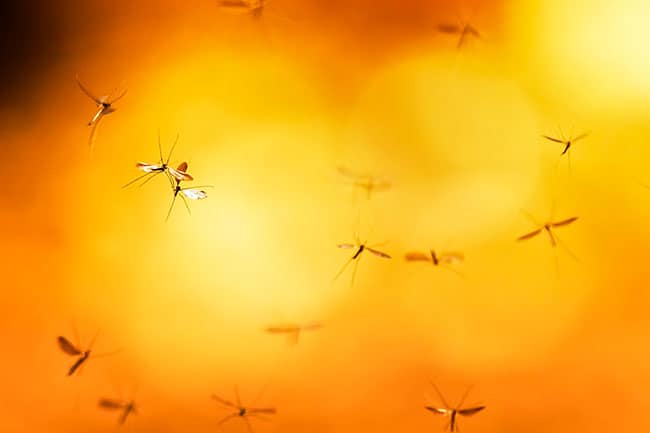West Nile Virus in Horses: Prevent the Preventable

When it comes to horse health, there are rarely any guarantees. Even horses with impeccable management can fall victim to illness or injury at any time. Thankfully, we can prevent some serious diseases, such as West Nile virus (WNV), easily and effectively through proper vaccination.
The American Association of Equine Practitioners has included WNV on its list of core vaccines, meaning it’s recommended for all horses regardless of where they live or whether they travel. Yet in 2018 there were 363 equine cases of WNV across 41 states. Most, if not all, of these cases could have been prevented with proper vaccination. Measures you can take to help protect your horse against WNV include adopting management strategies to reduce mosquito exposure and immunizing against the disease. With mosquito season approaching, now is the time to make a plan for WNV prevention.

West Nile virus is a member of the Flaviviridae family in the genus Flavivirus. It was first introduced into the U.S. in 1999 and spread rapidly across all 48 contiguous states in the years following, resulting in thousands of equine infections. Various wild bird species, particularly passerines, can carry high levels of virus and serve as reservoirs for it. Mosquitoes transmit the virus by feeding on the blood of infected birds and then on susceptible species such as horses and humans TheHorse.com is home to thousands of free articles about horse health care. In order to access some of our exclusive free content, you must be signed into TheHorse.com. Already have an account?Create a free account with TheHorse.com to view this content.
Start your free account today!
and continue reading.
Written by:
SallyAnne L. DeNotta, DVM, PhD, Dipl. ACVIM
Related Articles
Stay on top of the most recent Horse Health news with











